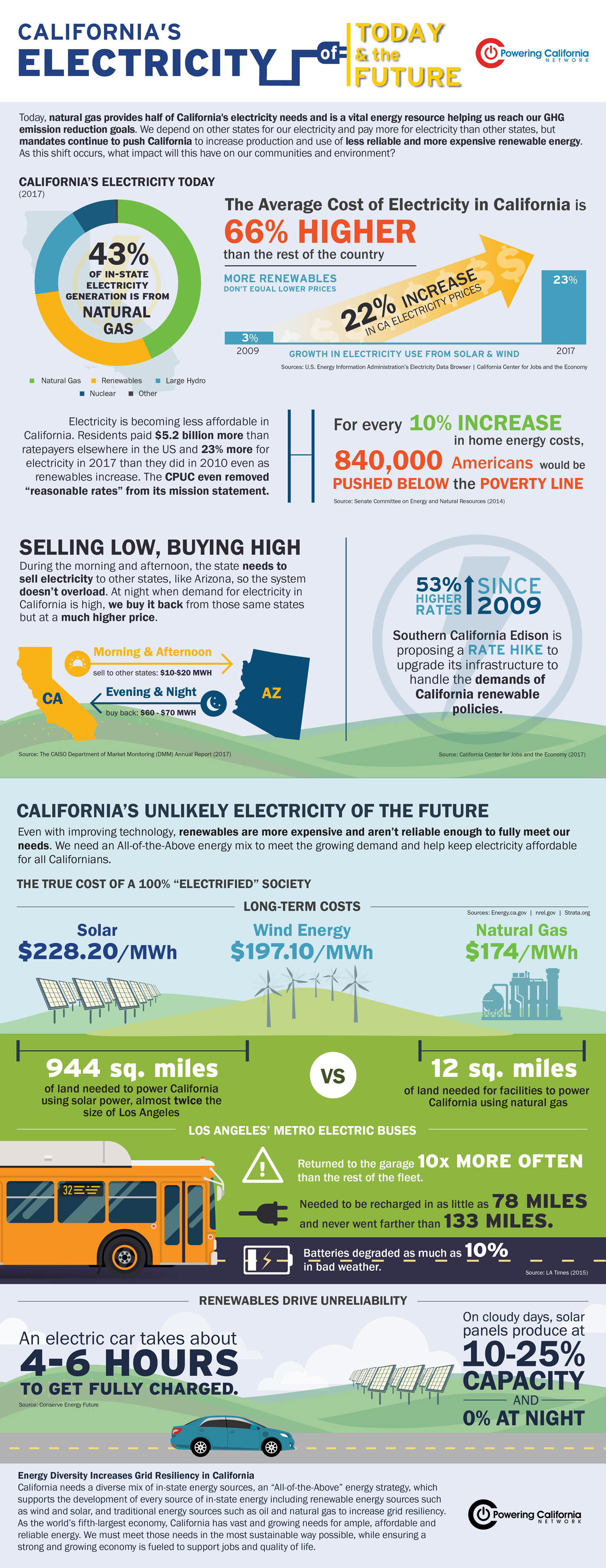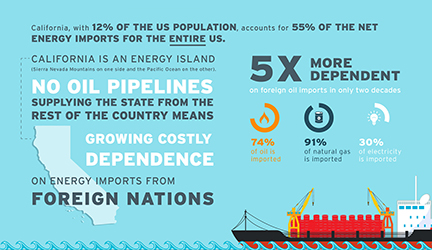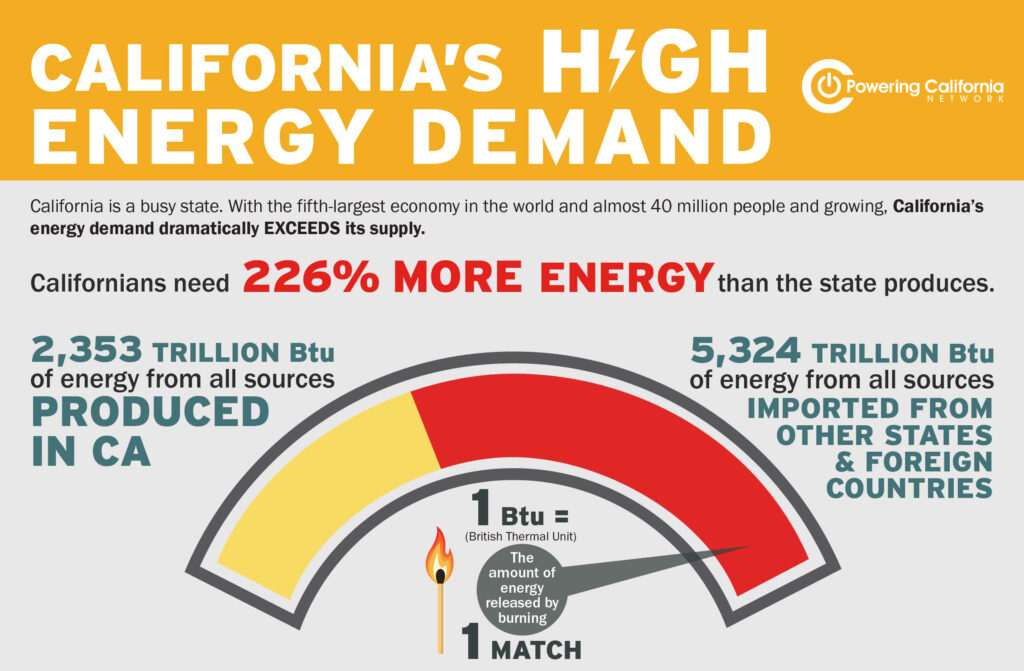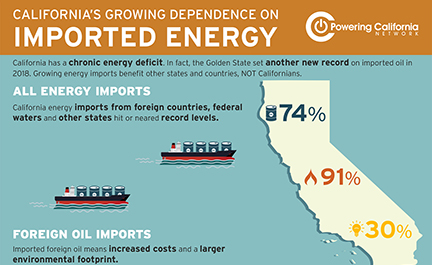Policies and Issues
Public policy forms the foundation of our modern society, and should reflect our principles and public opinion to shape how our government operates. From laws and regulations to local ordinances, policy choices and decisions made by our elected representatives and courts affect nearly every aspect of daily life – including education, healthcare and energy, just to name a few.

The application of public policies at every level of government dramatically affects our quality of life. Some public policies are enacted at the local level while others are determined by officials and policymakers within the state and federal governments. These policies in turn establish rules, regulations and procedures that guide the actions of citizens within their jurisdiction.
By becoming a PCN member, you will have the opportunity to increase your public policy awareness around issues that impact you daily. In this section you will find information and educational resources that will help you advocate for policies that establish upward economic mobility and safeguard the ability for Californians to afford basic expenses.
As important issues arise, you may also find Action Alerts here to help you easily engage with your elected officials on issues that matter to your communities.
Californians are paying the nation’s highest energy bills
Did you know the average cost of electricity in California is 66% higher than the rest of the country? As renewable energy sources have increased in California’s power mix over the past decade, electricity prices have increased 22%.
In addition, California recently enacted Senate Bill (SB) 100, which increases the percentage of renewable electricity that utilities must deliver to retail customers in 2030 from 50% to 60%. By comparison, California consumers received 29% of their electricity from renewables last year. The remaining electricity came primarily from natural gas, as well as large hydroelectric dams, nuclear power and coal. The new 2030 renewable mandate will impact industrial employers and disadvantaged communities whose electricity rates have already risen under existing renewable mandates.
SB 100 also set an aspirational goal for utilities to sell only renewable electricity to retail customers by 2045. The goal does not apply to self-generation of electricity from natural gas, such as at our Elk Hills field, or to cooking, heating and industrial uses which account for over two-thirds of California’s natural gas demand.
This goal is not a legal mandate, and the legislature assigned state agencies to address the serious technological, economic, societal, land use and environmental impacts any decision to constrain energy supplies would have on California’s future.
To make energy costs affordable for all Californians, the PCN supports policies that increase in-state production of all forms of energy – including oil, natural gas and renewables – since a diverse balance of energy supplies promotes affordability, reliability and resilience for Californians.
Take a look at the electricity infographic to learn more about how our communities and the environment will be impacted by mandates pushing California to increase production and use of less reliable renewable energy that increases prices for consumers.








